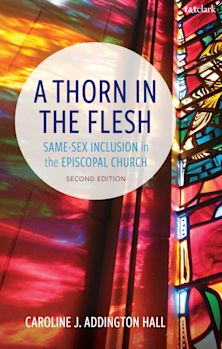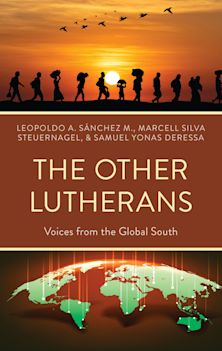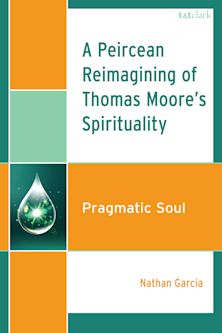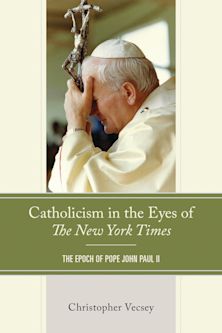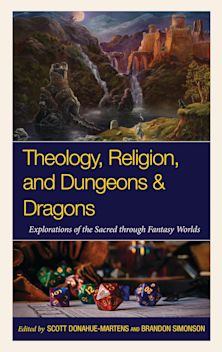Human Becoming in an Age of Science, Technology, and Faith
Human Becoming in an Age of Science, Technology, and Faith
Description
What does it mean to be human in an age of science, technology, and faith? The ability to ask such a question suggests at least a partial answer, in that however we describe ourselves we bear a major role in determining what we will become. In this book, Philip Hefner reminds us that this inescapable condition is the challenge and opportunity of Homo sapiens as the created co-creator. In four original chapters and an epilogue, Hefner frames the created co-creator as a memoirist with an ambiguous legacy, explores some of the roots of this ambiguity, emphasizes the importance of answering this ambiguity with symbols that can interpret it in wholesome ways, proposes a partial theological framework for co-creating such symbols, and applies this framework to the challenge of using technology like artificial intelligence and robotics to create other co-creators in our own image. Editors Jason P. Roberts and Mladen Turk have compiled eight responses to Hefner’s work to honor his scholarly career and answer his call to help co-create a more wholesome future in an age of science, technology, and faith.
Table of Contents
Created to Be Creators: Human Becoming in an Age of Science, Technology, and Faith
Philip Hefner
Chapter 1 Created to Be a Creator
Chapter 2 Human Creating-What Does It Matter?
Chapter 3 Created Co-Creator: Symbol of Human Becoming
Chapter 4 Created Co-Creator: The Theological Framework
Epilogue: The Greatest Challenge: The Created Co-Creator Creates a Co-Creator
Part 2
Co-Creating, Extended Responses
Chapter 5 The Created Co-Creator, Redeemer, Sustainer: Extending Symbols of Human and Divine Relating
Jason P. Roberts
Chapter 6 Creativity, Co-Creating, And the Moral Community Karl E. Peters
Part 3
Co-Creating, Continued
Chapter 7 Created to be a Co-Creator: The Cosmic Meaning of Being Human Ted Peters
Chapter 8 Knowing our Place: In the Image of God, at Home in the Cosmos Anna Case-Winters
Chapter 9 Icons and Images: Seeing all of Creation as Created Co-Creators Ann Milliken Pederson
Chapter 10 Institutions and the Created Co-Creator Gregory R. Peterson
Chapter 11 The Crisis of Tech
Product details
| Published | Aug 23 2022 |
|---|---|
| Format | Ebook (PDF) |
| Edition | 1st |
| Extent | 246 |
| ISBN | 9781978797208 |
| Imprint | Fortress Academic |
| Publisher | Bloomsbury Publishing |
Reviews

ONLINE RESOURCES
Bloomsbury Collections
This book is available on Bloomsbury Collections where your library has access.












